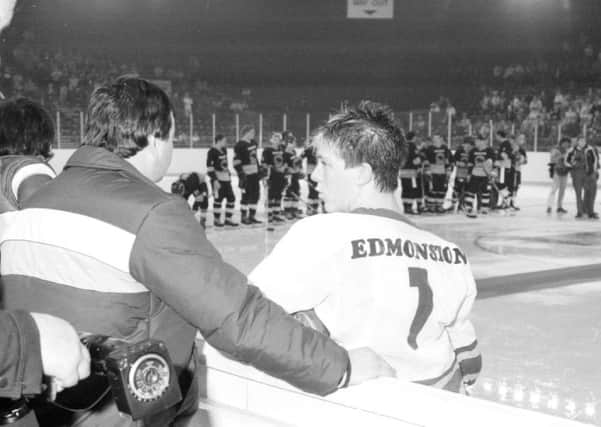Why the EIHL Challenge Cup’s clunky format needs reviewed


The structure of the Challenge Cup for the 2019-20 season is, in all honesty, a bit clunky and, if social media is a barometer of fans’ opinion, it’s already a bit lame even before the first ice has been laid.
In a nutshell, the fans aren’t exactly buzzing over the format.
Advertisement
Hide AdAdvertisement
Hide AdGroup A has Fife Flyers with Glasgow Clan, Dundee Stars and Belfast Giants, and three of them will go into the knockout stage.
In the others, two from three will join them, leaving one place for the winners of a one-off “play-in” between the teams finishing third in those leagues.
You may also be interested in:
In other words, a club which makes almost zero impression on the qualifiers could find itself in the last eight by dint of winning a one-off match.
Advertisement
Hide AdAdvertisement
Hide AdAfter the semi-finals, it all goes on the back burner until the final in March 2020.
It’s too far away.
The Challenge Cup is in need of a re-think.
Maybe the league needs to go back to the days of the Autumn Cup – ice hockey’s traditional curtain-raising competition- for inspiration.
It had qualifying groups, but, crucially, it was also done and dusted before the year was out.
While sponsors such as Benson & Hedges, Bluecol and Norwich Union came and went, the competition was short, sharp ... and valued.
Advertisement
Hide AdAdvertisement
Hide AdThe condensed timescale gave it a focus, and any team which flew out of the traps had a good crack at the silverware.
Pushing the final so far back means that picture has changed completely, momentum has shifted, and any focus a team had on the silverware gets lost in the grind of the regular season.
Many fans would like to see a straight knockout competition, or two leagues of five progressing straight to semi-finals and a quick final – with the time saved given over to extended play-offs; another competition which has been squeezed into one knockout weekend and then the grand finals, robbing it of much of its unique excitement.
When a competition is unveiled to a chorus of disinterest then something is wrong.
The Challenge Cup really needs to rediscover its mojo.
And that is entirely in the hands of team owners. Maybe they need to listen to the fans a little closer, and come up with a format that is more imaginative and exciting.